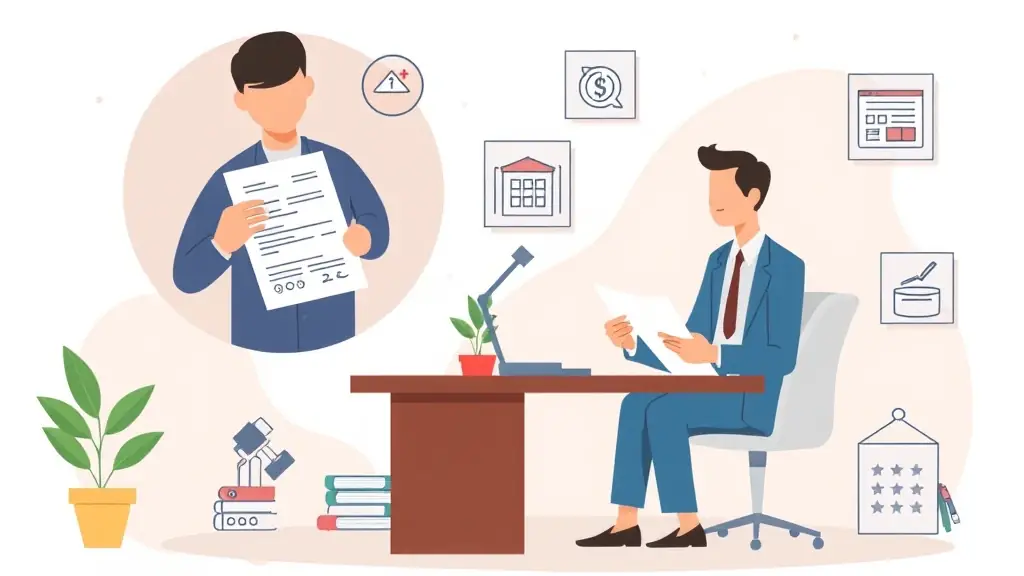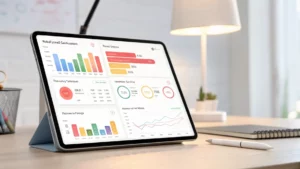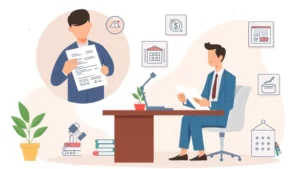Debt Consolidation Options for Canadians: A Complete Guide
Feeling stretched thin by multiple payments? You’re not alone. Most Canadians carry debt on several fronts—credit cards, lines of credit, sometimes even payday loans. When interest piles up and due dates blur together, it can feel impossible to breathe, let alone plan ahead. Debt consolidation brings those scattered balances into one structured plan so you can focus on living, not juggling bills.
What Consolidation Really Does
Consolidation doesn’t erase debt; it reshapes it. By trading many high-interest payments for a single, predictable one—often at a better rate—you reduce the mental burden of keeping every creditor straight. That clarity buys time and space to build healthier financial habits.
Five Proven Consolidation Paths in Canada
1 Bank or Credit-Union Consolidation Loan
Borrow a lump sum, wipe out existing balances, then repay one instalment loan.
Best for: Canadians with fair-to-good credit and steady income
Upside: Lower interest than most credit cards; one monthly payment
Risk: You still owe the full principal; overspending could recreate the problem
2 Home-Equity Loan or HELOC
Tap into your home’s equity at a lower rate than unsecured credit.
Best for: Homeowners with reliable income and at least 20% equity
Upside: Lowest rates of any consolidation tool; flexible repayment with a HELOC
Risk: Your home secures the loan—missed payments put it at risk
3 Credit-Card Balance Transfer
Move high-interest balances to a card offering 0% or low promotional interest.
Best for: Borrowers who can pay off the transferred balance within 6–12 months
Upside: Short-term interest relief
Risk: Transfer fees; post-promo rates can exceed 20% if balance remains
4 Consumer Proposal (Licensed Insolvency Trustee)
A formal, court-approved plan that lets you repay only part of your unsecured debt over up to five years.
Best for: Heavy, unmanageable debt where interest alone is crippling
Upside: Stops collections and lawsuits; reduces total owed
Risk: Filed only through a Licensed Insolvency Trustee (LIT); flags your credit for three years after completion
5 Debt-Management Plan (Non-profit Credit Counselling)
A counsellor negotiates lower interest with your creditors and bundles payments into one plan.
Best for: Moderate debt and reliable income
Upside: Reduces or eliminates interest; includes budgeting support
Risk: You still repay full principal; some creditors may decline to join
Quick Comparison Table
| Option | Lowers Interest? | Reduces Principal? | Credit Impact | Collateral Needed? | Typical Term |
|---|---|---|---|---|---|
| Bank Consolidation Loan | ✓ sometimes | ✗ | Mild (new inquiry) | No | 2–5 years |
| Home-Equity Loan / HELOC | ✓ yes | ✗ | Mild | Yes – your home | 5–15 years |
| Balance Transfer Card | ✓ temporarily | ✗ | Mild | No | 6–12 months |
| Consumer Proposal | ✓ yes | ✓ reduces | Significant (3 yrs after completion) | No | Up to 5 years |
| Debt-Management Plan | ✓ yes (interest only) | ✗ | Moderate (noted as repayment program) | No | 3–5 years |
“I had five credit cards and a payday loan. After Credora walked me through a debt-management plan, my interest dropped from 19% to 0%, and my single payment was actually lower than the minimums I’d been juggling. In 18 months, I’d cleared the balance and my stress level was… gone.”
— Jason P., Toronto
Individual results vary. Your plan and timeline depend on your unique situation.
Can Every Debt Be Consolidated?
| Often Eligible | Usually Excluded |
|---|---|
| Credit-card balances | Mortgages |
| Payday or instalment loans | Car loans |
| Unsecured personal loans | Student loans (unless in default and folded into a proposal) |
| Utility, phone, or medical bills | CRA tax debt (unless part of consumer proposal) |
Is Consolidation Right for You?
Consider consolidation when you’re making payments on time but feel trapped by interest, or when multiple due dates keep you anxious. If income is unpredictable, or if you’re already in arrears, a consumer proposal—or speaking directly with an LIT—may provide stronger protection.
Spotting and Avoiding Scams
Steer clear of anyone who:
- Charges large upfront fees
- Guarantees debt will “disappear”
- Claims they can file a consumer proposal without an LIT
- Uses pressure tactics to sign today
Credora partners only with federally licensed trustees and non-profit agencies. We never collect hidden fees, and your consultation is always free.
Your Next Step
A single conversation can turn confusion into a clear plan. Take our 2-minute debt assessment to see which path fits your life, or book a no-pressure call with a Credora coach who will listen first and guide second.
At Credora Financial Wellness, we help Canadians navigate their journey from debt stress to financial freedom. Our comprehensive approach includes debt wellness education, support in connecting with Licensed Insolvency Trustees, and post-insolvency credit rebuilding guidance.
Ready to take control of your financial wellness? 👉 Take our free financial health assessment to discuss your specific situation and create a personalized path to better credit health.
📄 Want this guide for later? Download the PDF version to keep these strategies handy and share with family.
📱 Found this helpful? Share it with someone who could benefit:
Disclaimer: This article is for educational purposes only and does not constitute financial advice. Credora Financial Wellness is not a Licensed Insolvency Trustee and does not offer debt-settlement services. Always consult qualified professionals before acting on financial information.



